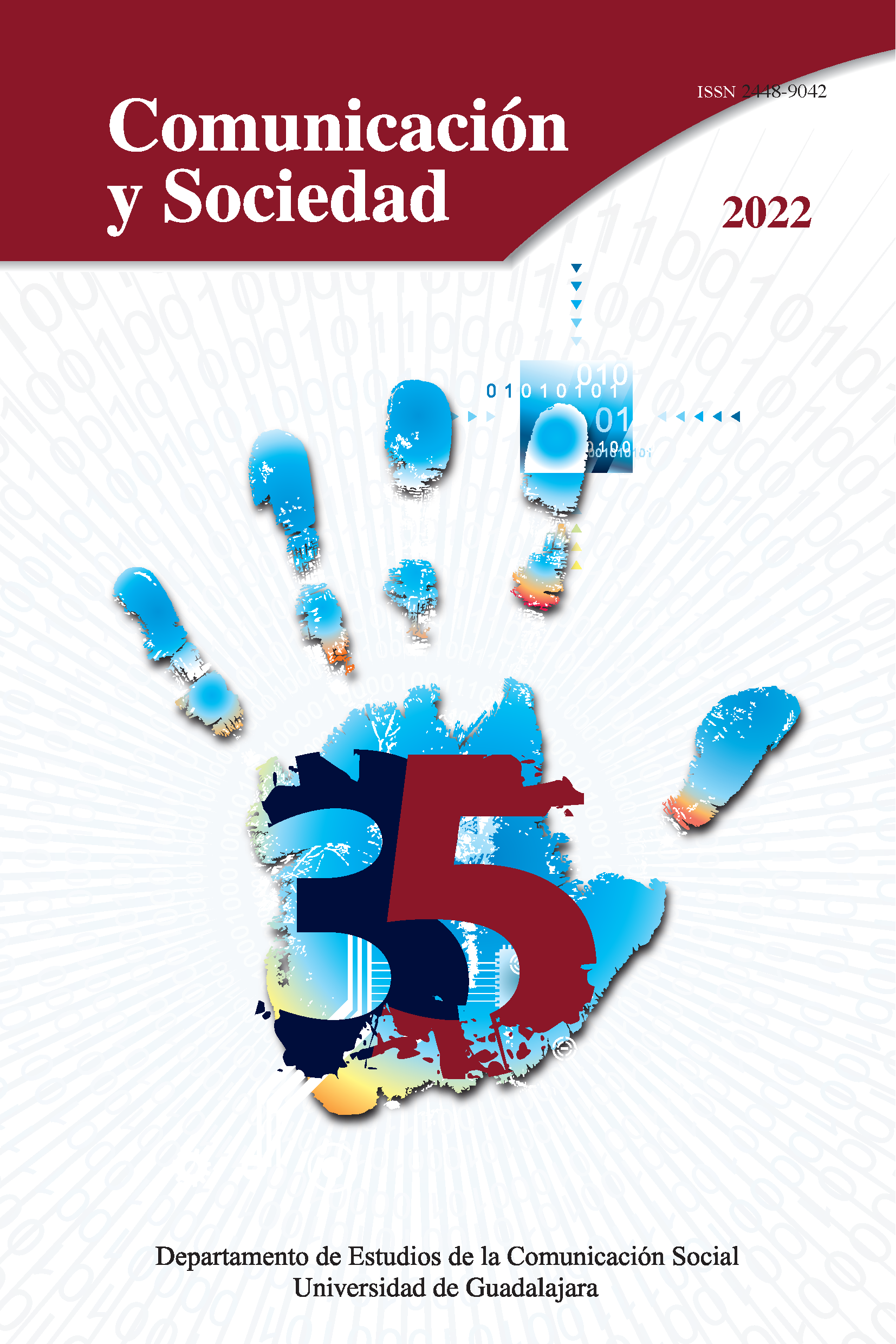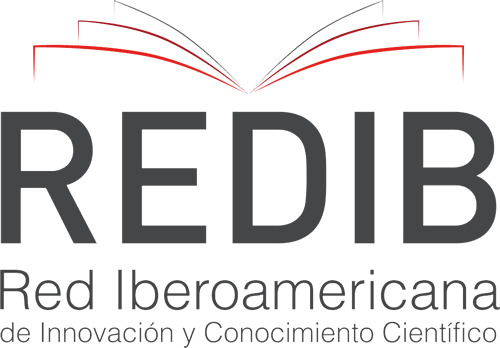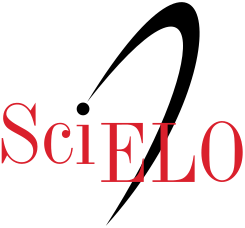Reinvención del periodismo de viajes en la era digital: Calidad, especialización, tecnología y mirada única
DOI:
https://doi.org/10.32870/cys.v2022.8250Palabras clave:
Periodismo de viajes, Evolución, Era digital, Rusia, EspañaResumen
Este artículo analiza la transformación del periodismo de viajes en la era digital, a partir de 22 entrevistas en profundidad a profesionales españoles y rusos. La investigación muestra la evolución de esta modalidad periodística ante la irrupción de los blogs y el turismo low cost. La calidad narrativa y la mirada única sobre los destinos, la especialización y la integración de nuevas herramientas digitales constituyen la apuesta clave de la crónica de viajes.Descargas
Citas
Belenguer, M. (1999). Periodistas de viajes: corresponsales de paz, corresponsales de guerra. Chasqui. Revista latinoamericana de comunicación, 65, 25-29.
Belenguer, M. (2002). Periodismo de Viajes. Análisis de una especialización periodística. Comunicación Social.
Benny, M. & Hughes, E. C. (1956). Of sociology and the interview: Editorial preface. American Journal of Sociology, 62(2), 137-142. https://doi.org/10.1086/221953
Blanco, L. E. (2013). Turismo en la red: adiós al intermediario. Debates IESA, 18(2), 82-83. http://virtual.iesa.edu.ve/servicios/wordpress/wp-content/uploads/2014/07/blanco-turismo.pdf
Brinkmann, S. (2014). Unstructured and semi-structured interviewing. En P. Leavy (Ed.), The Oxford handbook of qualitative research (pp. 277-299). Oxford University Press.
Calvi, M. V. (2010). Los géneros discursivos en la lengua del turismo: una propuesta de clasificación. Ibérica, 19, 9-32. https://revistaiberica.org/index.php/iberica/article/view/351
Calvi, M. V. & Bonomi, M. (2008). El lenguaje del turismo: de los textos especializados a la Comunidad del viajero. En C. Navarro, F. Dalle Pezze, R. Miotti & R. M. Rodríguez (Eds.), La comunicación especializada: terminología y traducción (pp. 181-202). Peter Lang.
Chen, Y. C., Shang, R. A. & Li, M. J. (2014). The effects of perceived relevance of travel blogs’ content on the behavioral intention to visit a tourist destination. Computers in Human Behavior, 30, 787-799. https://doi.org/10.1016/j.chb.2013.05.019
Dediu, L. (2016). Users’ reviews on tourism sites: Their influence on the potential tourists. Cactus Tourism Journal, 13(1), 41-55. https://www.cactus-journal-of-tourism.ase.ro/Pdf/vol13/Dediu-stud.pdf
Dowling, D. & Vogan, T. (2015). Can we ‘snowfall’ this? Digital longform and the race for the tablet market. Digital Journalism, 3(2), 209-224. https://doi.org/10.1080/21670811.2014.930250
Fernandes, S. G. & de Mendonça Jorge, T. (2017). Routines in Web Journalism: multitasking and time pressure on web journalists. Brazilian Journalism Research, 13(1), 20-37. https://doi.org/10.25200/BJR.v13n1.2017.909
Fletcher, R. (2011). Sustaining tourism, sustaining capitalism? The tourism industry’s role in global capitalist expansion. Tourism Geographies, 13(3), 443-461. https://doi.org/10.1080/14616688.2011.570372
Fürsich, E. & Kavoori, A. (2014). People on the Move: Travel Journalism, Globalization and Mobility. En F. Hanusch & E. Fürsich (Eds.), Travel Journalism: Exploring Production, Impact and Culture (pp. 21-38). Palgrave Macmillan.
García Marín, J. (2017). Periodismo turístico y de viajes: la calidad de la información especializada sobre turismo en la red (Tesis doctoral). Universidad Complutense de Madrid.
Goethals, P. (2013). Los diarios de viaje escritos por particulares: un estudio exploratorio de un género turístico. Ibérica, 25, 147-170. https://revistaiberica.org/index.php/iberica/article/view/287
González-Rivera, J. (2019). La invención del viaje: La historia de los relatos que cuentan el mundo. Alianza Editorial.
Grómova, L. & Shuliak, Y. (2015). Функциональные особенности журналов путешествий: ретроспективный взгляд [Características funcionales de las revistas de viajes: una mirada retrospectiva]. Известия Южного федерального университета. Филологические науки, 3, 142-148. http://philol-journal.sfedu.ru/index.php/sfuphilol/article/view/834/837
Hanusch, F. (2010). The dimensions of travel journalism: Exploring new fields for journalism research beyond the news. Journalism Studies, 11(1), 68-82. https://doi.org/10.1080/14616700903290569
Hanusch, F. & Fürsich, E. (Eds.). (2014). Travel Journalism: Exploring Production, Impact and Culture. Palgrave Macmillan.
Hayes, K. & Silke, H. (2019). Narrowing the discourse? Growing precarity in freelance journalism and its effect on the construction of news discourse. Critical Discourse Studies, 16(3), 363-379. https://doi.org/10.1080/17405904.2019.1570290
Hidalgo, M. C., Sicilia, M. & Ruiz de Maya, S. (2014). The effect of user-generated content on tourist behavior: the mediating role of destination image. Tourism & Management Studies, 10, 158-164.
Krivtsov, N. (2017). Трэвел-журналистика: специфика направления и его проблемы [Travel journalism: characteristic aspects and challenges of the genre]. Вопросы теории и практики журналистики, 6(3), 347-365. https://doi.org/10.17150/2308-6203.2017.6(3).347-365
Lucas, S. R. (2014). Beyond the existence proof: Ontological conditions, epistemological implications, and in-depth interview research. Quality & Quantity, 48(1), 387-408. https://doi.org/10.1007/s11135-012-9775-3
Luchinskaya, S. (2009). Журналы-травелоги в условиях глобализации масс-медиа. Автореферат дисс. на соискание степени кандидата филол. наук. [Revistas de viaje en el contexto de la globalización de los medios de comunicación]. Krasnodar.
Miguéns, J., Baggio, R. & Costa, C. (2008). Social media and tourism destinations: TripAdvisor case study. Advances in tourism research, 26(28), 1-6. https://www.iby.it/turismo/papers/baggio-aveiro2.pdf
Moss, C. (2008). Travel Journalism: The road to nowhere. British Journalism Review, 19(1), 33-40. https://doi.org/10.1177/0956474808090193
O’Reilly, T. (2005). What is Web 2.0: Design Patterns and Business Models for the Next Generation of Software. https://bit.ly/3AqO172
Paranko, S. (2016). Инструментарий и навыки журналиста [Herramientas y habilidades de un periodista]. En S. Balmayeva & M.Lukina (Eds.), Как новые медиа изменили журналистику. 2012-2016 [Cómo los nuevos medios de comunicación han cambiado el periodismo. 2012-2016] (pp. 6-30). Universidad de las Humanidades. http://newmedia2016.digital-books.ru/wp-content/uploads/2016/06/New-Media-2016.pdf
Phillips, A. (2021). Professional autonomy in an age of corporate interests. En L. T. Price, K. Sanders & W. N. Wyatt (Eds), The Routledge Companion to Journalism Ethics (pp. 166-174). Routledge.
Pirolli, B. (2014). Travel Journalism in Flux: New Practices in the Blogosphere. En F. Hanusch & E. Fürsich (Eds.), Travel Journalism: Exploring Production, Impact and Culture (pp. 83-98). Palgrave Macmillan.
Pirolli, B. (2017). Travel Journalists and Professional Identity. Journalism Practice, 11(6), 740-759. https://doi.org/10.1080/17512786.2016.1193821
Pirolli, B. (2018). Travel journalism: Informing tourists in the digital age. Routledge.
Pokazanyeva, I. (2013). Проблемное поле трэвел-журналистики как явления современного медиапространства [Problem Field of Travel Journalism as a Phenomenon of Contemporary Media Environment]. Mediascope, 3. http://www.mediascope.ru/node/1385
Pokazanyeva, I. (2015). Теоретическое осмысление основ трэвел-блогинга. Функциональные отличия трэвел-блогера и трэвел-журналиста. [Theoretical foundations of travel blogging. Functional differences between travel blogger and travel journalist]. Universum: филология и искусствоведение, 3-4(17). https://bit.ly/3JXzCCC
Revenko, A. (2016). Предпосылки возникновения и этапы становления печатных изданий о путешествиях [Background and stages of formation of travel publications]. Вестник Новосибирского Государственного Университета. Серия: история, филология, 15(6), 7-18. https://bit.ly/3JXDGTj
Rivas Nieto, P. E. (2006). Naturaleza del periodismo de viajes: Desde el Antiguo Egipto hasta la Actualidad. Miraguano Ediciones.
Rostovskaia, Y. (2012). Журналы путешествий. История развития специализированной периодики в России [Travel magazines. History of the development of specialized periodicals in Russia]. Вопросы теории и практики журналистики, 2, 206-213. https://bit.ly/3wccYAO
Taylor, S. J. & Bogdan, R. (1992). Introducción a los métodos cualitativos en investigación. La búsqueda de los significados. Paidós.
Tejedor, S. (2012). El comunicador 2.0: Dudas, oportunidades y herramientas para construir el futuro [video]. YouTube. https://www.youtube.com/watch?v=RBtK2c3PWvc
Tejedor, S. & Larrondo, A. (2008). Ciberperiodismo de viajes en la web 2.0: el caso de tu aventura. En F. Sabés & J. J. Verón (Eds.), Internet como sinónimo de convergencia mediática y tecnológica (pp. 133-144). Asociación de la Prensa de Aragón.
Ting, K. C., Ting, P. H. & Hsiao, P. W. (2014). Why are bloggers willing to share their thoughts via travel blogs? International Journal of Technology Management, 64(1), 89-108. https://www.inderscience.com/info/inarticle.php?artid=59237
Ulanova, M. (2014). Интернет-журналистика. Практическое руководство [Digital journalism. Practical guide]. Аспект Пресс.
Vartanova, E. (2019). Russian media: a call for theorising the economic change. Russian Journal of Communication, 11(1), 22-36. https://doi.org/10.1080/19409419.2019.1572531
World Tourism Organization-UNWTO. (2020). World Tourism Barometer. https://bit.ly/3A0e6Ze
Descargas
Publicado
Cómo citar
Número
Sección
Licencia
Derechos de autor 2022 Mariia Lekant, Dolors Palau-Sampio

Esta obra está bajo una licencia internacional Creative Commons Atribución-NoComercial 4.0.
Los autores/as que publiquen en esta revista aceptan las siguientes condiciones:
De acuerdo con la legislación de derechos de autor, los autores conservan los derechos de autoría y otorgan a Comunicación y Sociedad el derecho de primera comunicación pública de la obra. Comunicación y Sociedad no realiza cargos a los autores por enviar y procesar artículos para su publicación.
Los autores/as pueden realizar otros acuerdos contractuales independientes y adicionales para la distribución no exclusiva de la versión del artículo publicado en Comunicación y Sociedad (por ejemplo incluirlo en un repositorio institucional o publicarlo en un libro) siempre que indiquen claramente que el trabajo se publicó por primera vez en Comunicación y Sociedad.











